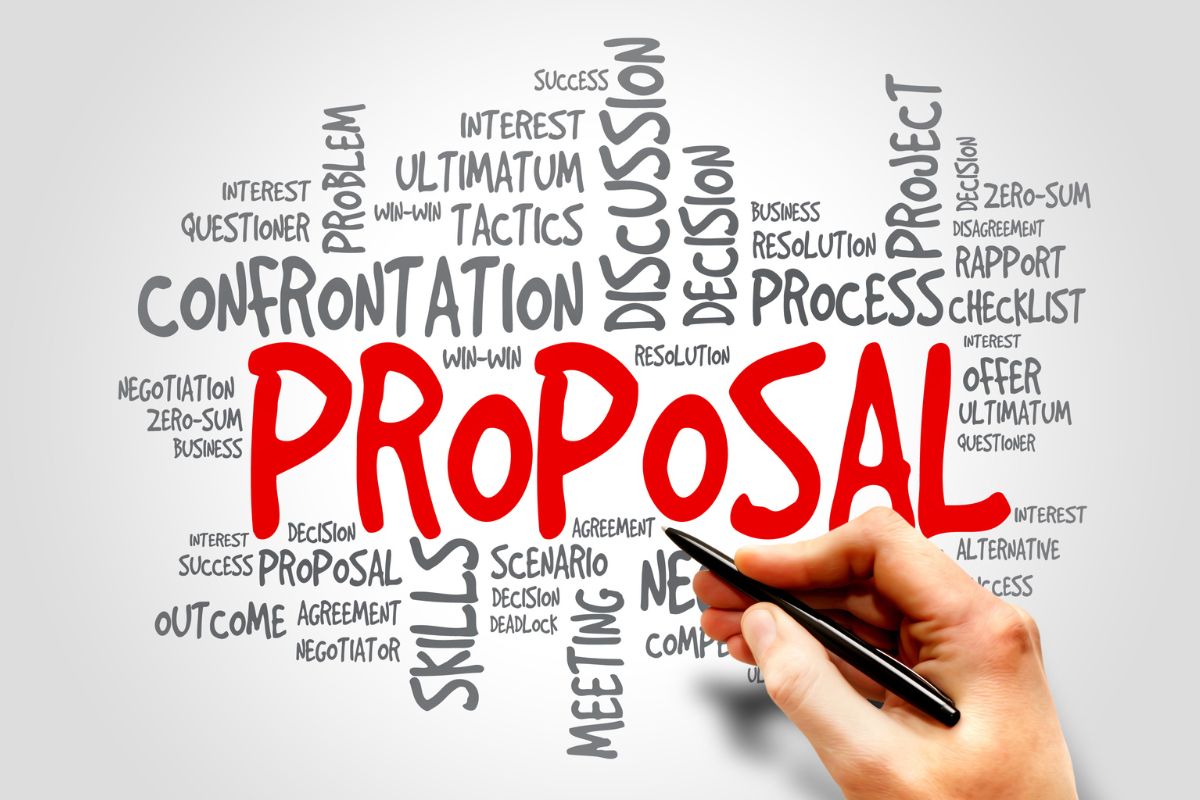Research Proposal Writing Services: Expert Help for Academic & Grant Proposals
Developing a research proposal is often the make-or-break step in securing approval, funding, or institutional backing. In fact, studies reveal that over 50% of proposals face initial rejection due to unclear objectives, weak structure, or non-compliance with strict guidelines. Navigating these challenges while balancing research, experiments, or organizational requirements can be overwhelming, leaving many applicants…









